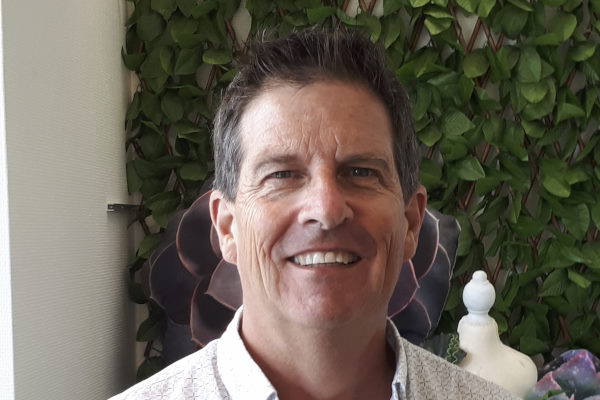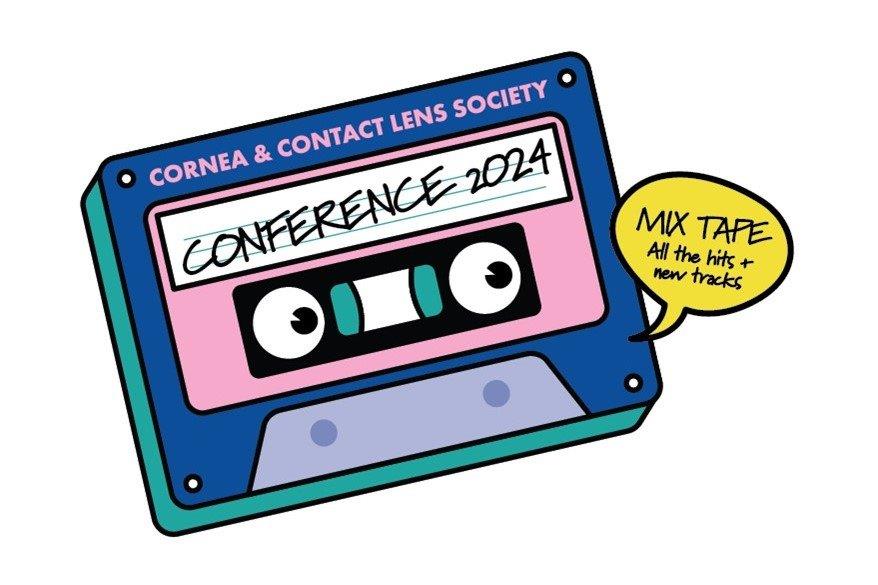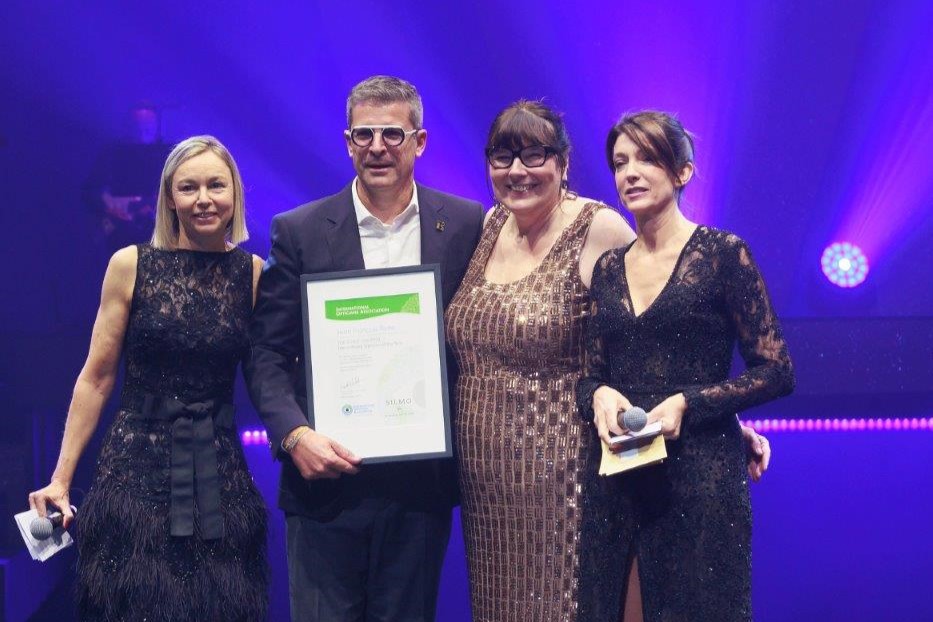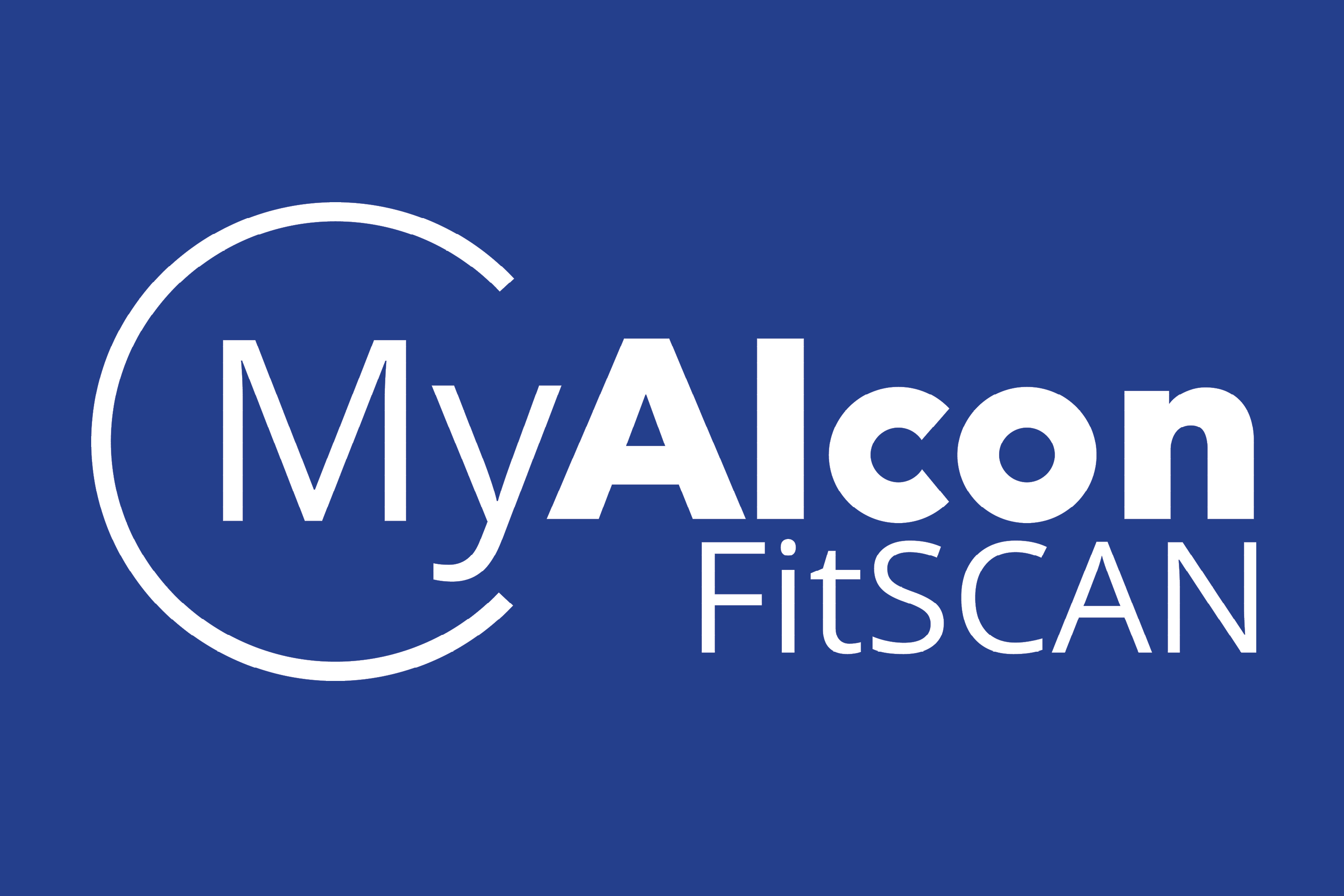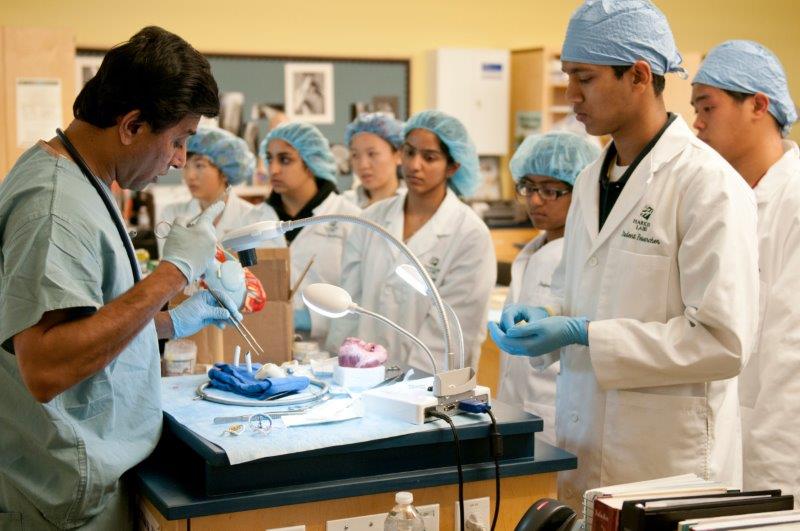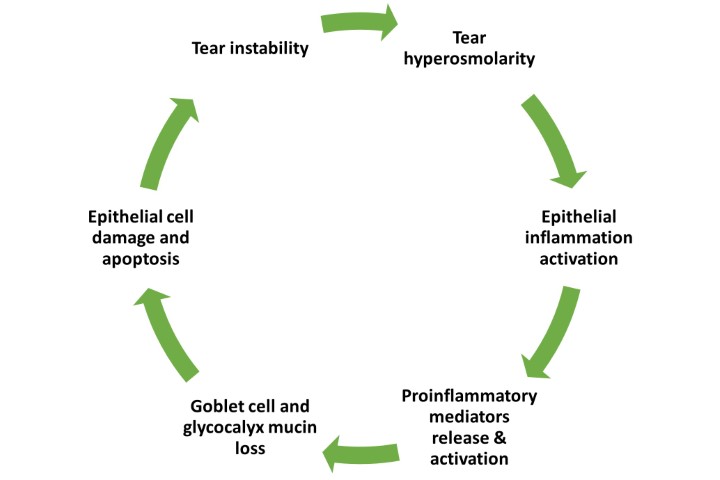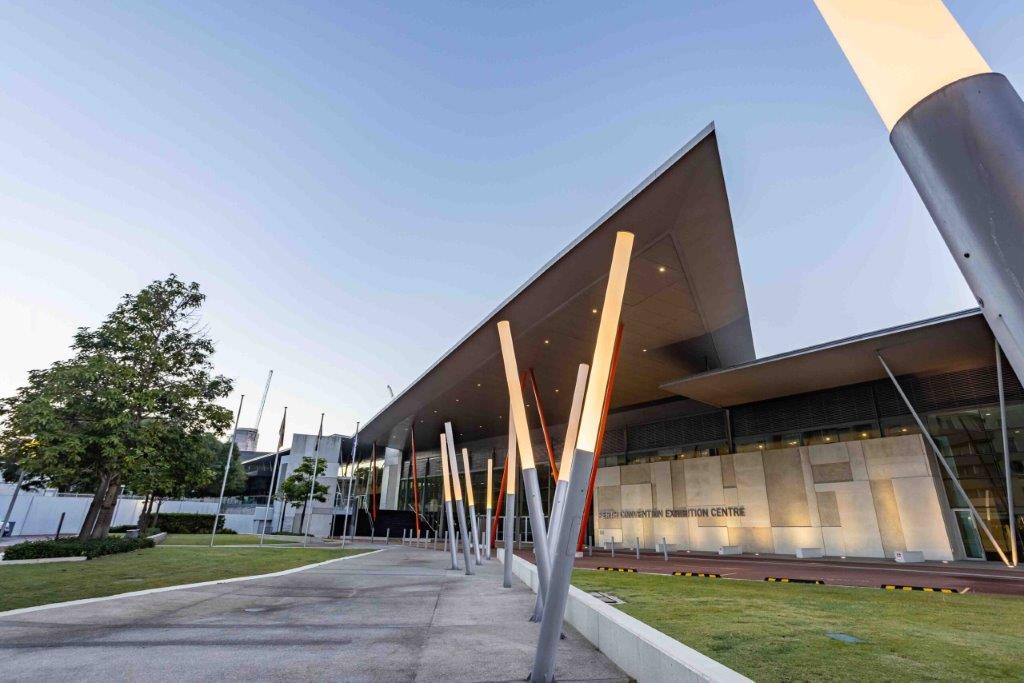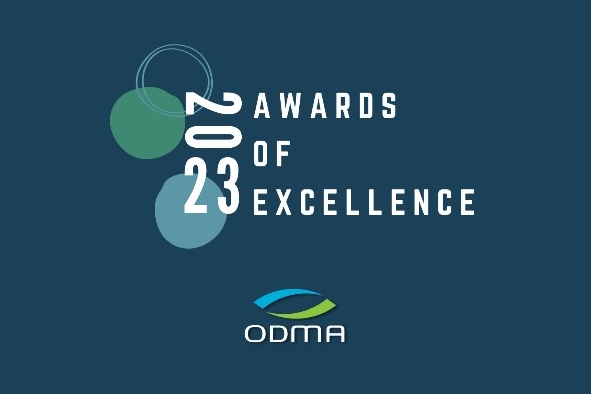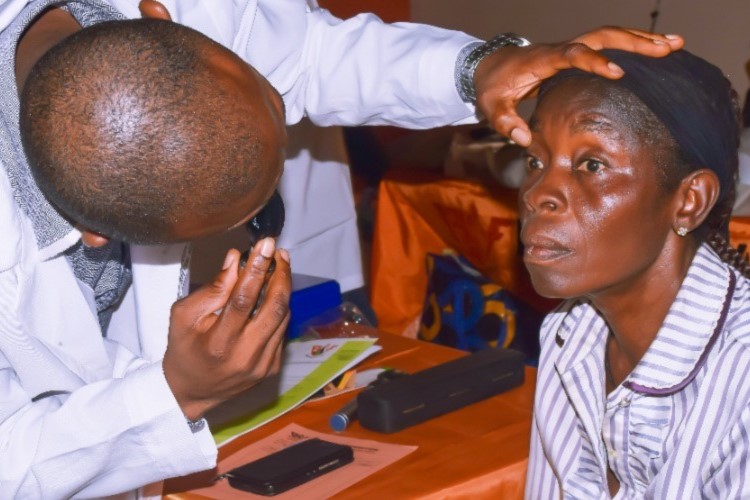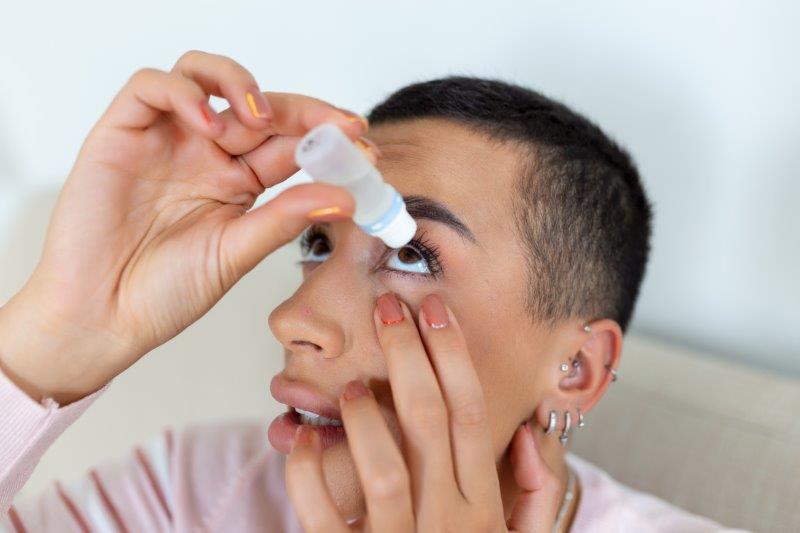Being an MDNZ professional friend
In 2015, Macular Degeneration New Zealand (MDNZ) launched its Professional Friends network; a chance to give something back to a charity at the frontline of macular degeneration education and to benefit by association. Here, three-year member, optometrist John Adam, explains the benefits of being a professional friend.
Many of us have been in this profession a very long time – for me, it’s 37 years. In that time, I’ve seen many a patient with macular degeneration and as I get older so does my patient-base - so the cases I see are becoming more frequent. Often, they are patients I know well, who I have looked after for years. It can be a challenge to support them through such life-changing news.
Thankfully, we have MDNZ to help us. This small but active charity picks up the slack around macular degeneration education where public funds are unable. Let’s face it, we are a small country with a small population. The government is currently exploring options for a free eye check for Super Gold card holders and there are suggested protocols set up around macular degeneration treatment, but each District Health Board (DHB) adheres to them differently. It would be fantastic to have a coordinated, government-funded approach to MD education and care, but that is not a reality right now. That is where MDNZ comes in, to bridge that gap.
Years ago, the outlook for an MD diagnosis was poor, but today we have many treatments available. While there still isn’t a cure, sight can be preserved for many years – but early detection is vital. It is even more vital now than it was in the past. People need to know about MD and identify when they are at risk. We as a profession rely on MDNZ to undertake that essential public education role and to provide small practices like mine with resources, like Amsler grids and nutritional handouts, to continue that role in the examining room.
Recently, MDNZ ran an education project in the Bay of Plenty and the improvement in awareness among those at risk was measured at 4%, pushing the understanding of MD as a disease of the eye to 63% compared with 59% for the country as a whole – an incredible achievement for a short, one-off awareness programme. Imagine if they could run those intense, targeted campaigns regularly, across the whole country. Imagine how that would change our work, how we could move from delivering life limiting news to simply offering advice around living with MD.
MDNZ is an organisation that already makes such a difference to both the industry and patients, taking the next step in supporting them is common sense.
The eyecare industry receives a lot from the public in terms of dollars. MDNZ’s Professional Friends programme is an opportunity to give something back, to invest some of that money into an organisation that helps both us and the people in our waiting room. And it really isn’t that much money to give, considering the huge impact it may make. I’d love to see more of my professional colleagues join me in becoming Professional Friends of Macular Degeneration NZ.








